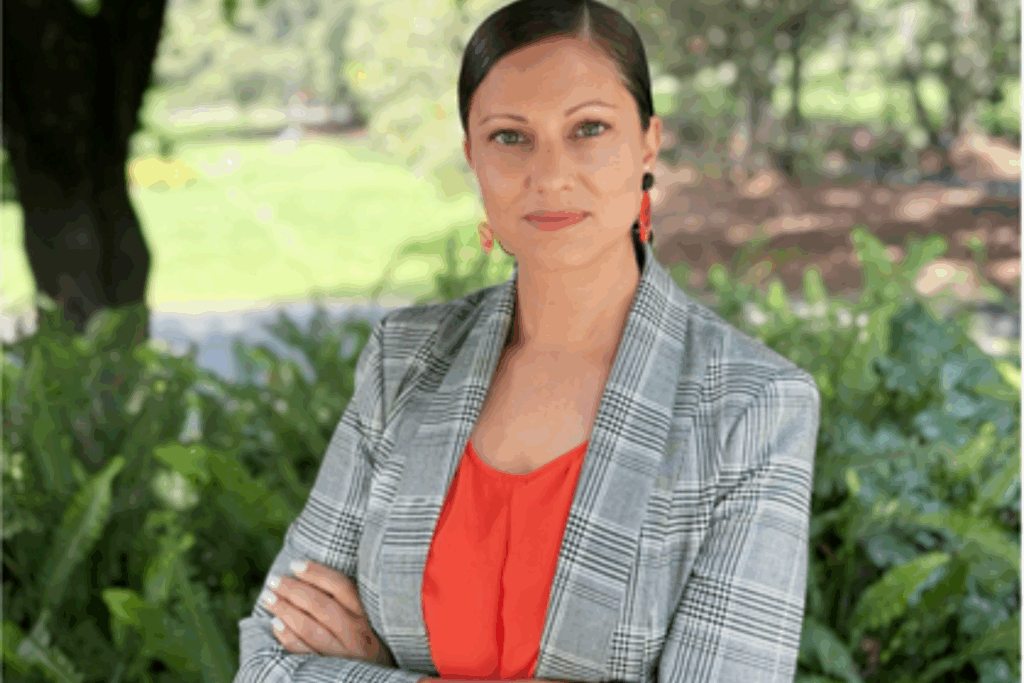It’s that time of year again – when parents (or, probably more to the point, mums) around the country are frantically warming the hot glue guns and rummaging through dress up boxes in search of an outfit that will pass for book week.
As the mum of two young boys, I’ve lucked out this year when both declared they would be dressing up as a soccer player and taking their soccer books. Win and win – one Mbappe and one Ronaldo coming up! But I’ve had my fair share of hard briefs to fill over the years when it comes to book week, so believe me when I say that I’ve been there.
But, before we collectively roll our eyes at the drama of the week and rock in the corner before the book week parade has even begun, let’s take it back to when book week was started and why it’s now more important than ever for us to focus on the intention behind it.
Book week began in 1945, when Aussie children were mainly reading books from overseas and there were limited Australian authors to choose from. Queue a group of very passionate literary enthusiasts who got together and formed the Children’s Book Council of Australia.
In an effort to get Aussie kids to read more, these clever cookies launched book week.
And with Australians now reading less than ever before, it seems we’re still in need of initiatives like this to get our kids reading.
Many of us as kids experienced the joy that came with being fully immersed in a book. I personally, was an avid reader, so much so my parents limited me to one book a day. My (twin) sister on the other hand, was not a book lover and was enticed with a $1 a book to even consider cracking a cover.
Fast forward 80 years from the original book week and it seems we’re in a bit of literary strife once more.
Young Australian men, in particular, are reading the least out of all Australians. This means that our children, particularly our boys, are looking around them and seeing that their peers aren’t reading, so they may start to question if reading is for them. And what a sad state of affairs that would be for our kids.
And it’s not just the decline in reading we should be worried about. In order to challenge gender stereotypes (such as boys don’t read books!) and promote a more equal society for men and women, we also need to examine the types of books our kids are exposed to.
What are the characters like? Do they expand our children’s frame of reference and view of the world? What messages are the books sending to vulnerable minds? My soccer-obsessed sons love the Tiny Timmy books by Tim Cahil but it wasn’t until his own daughter pointed out the lack of girls in the series that female characters were introduced and led storylines. Closer to home we are currently reading Enid Blyton’s Faraway Tree books which I once adored but now shudder at the constant rigid gender stereotypes littered throughout – but they are all teachable moments to discuss right?
And, back to the reason book week was initiated 80 years ago (and yes, I think we’re all a bit disenchanted that this remains relevant eight decades later) – who is writing the books our kids are reading? Are they Australian? Better yet, are they written by inspiring female authors who challenge gender stereotypes and develop characters that make us better people?
We all have the power to make better decisions about the content that our kids are consuming. The Stella Prize is one initiative championing female Aussie writers, and we need more like this in order to draw attention to one of the literary issues at hand.
So, if your kid is yet to come up with a costume or choose their favourite book for the annual book week parade, encourage them to think about whether it’s a good character and someone they should be aspiring to. Better yet, if they choose a dicey one, have a conversation with them about why this might not be the best choice.
Because it’s these small actions, like choosing to take your Sam Kerr book over Messi, that add up to the big picture.
It’s the characters we celebrate that show our kids who society values and why. And this is one small but powerful way we edge our way closer to a more gender equal society.


